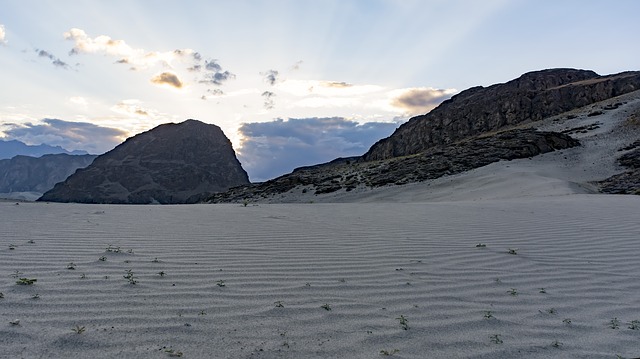INTRODUCTION
Oil Spills: The accidental leakage/release of oil into the surrounding environment is known as oil spills. It is a form of environmental pollution. The release of petroleum hydrocarbons into the environment has environmental consequences.
Oil spills occur in marine ecosystems such as oceans, coastlines, estuaries, etc. However, the incidents of oil spills happen on land as well.
Also check out: Deep Sea Mining and Its Negative Effects on the Environment
CAUSES OF OIL SPILLS
The oil spills happen mainly due to anthropogenic activities. Natural events like extreme weather events or natural disasters can also cause oil spills. A few causes of oil spills are mentioned below.
1. Accidents: Sometimes accidents happen with oil-carrying vehicles and this may cause environmental pollution.
2. Instruments Failure: The instrumental failure while drilling and mining oil reserves cause oil spills in the ocean and on the ground.
3. Drilling Rigs: The breakdown in drilling rigs i.e. heavy machinery working offshore is also responsible for oil spills in oceans.
4. Transportation of Oil Storage Tanks: Personnel negligence while transporting storage tanks is among many reasons due to which oil spills occur.
5. Corrosion of Oil Pipelines: It is one of the factors that cause oil leakage in the environment. The pipelines get damaged by corrosion and oil finds escape into the surrounding environment.
EFFECTS OF OIL SPILLS
Oil spills are among environmental disasters that disturb the marine ecosystem and threaten coral reefs. Effects of oil spills are mentioned below.
1. Marine Biodiversity Loss: Oil spills are toxic in nature and cause suffocation to marine organisms. This leads to the loss of biodiversity in oceans, estuaries, etc.
2. Land Pollution: Oil spills on land cause land pollution and the accidental spills often lead to vehicle incidents and horrible fires.
3. Air Pollution: The volatile compounds in liquid petroleum hydrocarbons escape into the atmosphere and cause air pollution.
4. Water Pollution: The runoff from the oil spilled locations causes’ water pollution. The leakage from storage tanks reaches underground water resources, hence polluting the freshwater ecosystems.
5. Marine Pollution: Oil spills in oceans are a prime source of marine pollution. This disturbs the recreational activities along with coastal areas.
6. Human Health: People who have long been exposed to oil spills incidents may develop cancer, respiratory problems, and skin diseases.
SOLUTIONS TO OIL SPILLS
Solutions to oil spills include general precautions and complex treatment methods by which oil pollution is treated.
1. Bioremediation: Bioremediation is a technique by which oil spills in the ocean are subjected to clean-up. The microorganisms are used to break oil into less complex components.
2. Oil Pollution Cleanup Methods: There are various methods that can help to tackle oil pollution such as using absorbents, skimmers, etc.
3. Monitoring of Fuel Storage Tanks: Routine monitoring should be carried out in order to suspect any leakage from oil stored in tanks.
4. Dispersants/Buring Oil Spills: It is an easy way to disintegrate oil. Dispersants can be used to disperse oil where the spillage has occurred.
5. Maintenance of Drilling Rigs: The drilling rigs should be maintained in good conditions. There should be regular checks and balances of equipment used in offshore drilling.
CONCLUSION
Oil spills are dangerous not only for marine biodiversity but also for terrestrial animals and plants. The petroleum hydrocarbons contain toxic air pollutants that result in air pollution. Marine oil pollution is threatening the survival of marine biodiversity. Biotechnology can be applied in cleaning marine pollution due to oil spills.
You might also be interested in: Environmental Impact of Extraction of Pearls (Pearl farming)
I hope you all liked this post! Please comment below if you have any suggestions, comments, or feedback! We at #envpk love hearing from our readers! Thanks!




